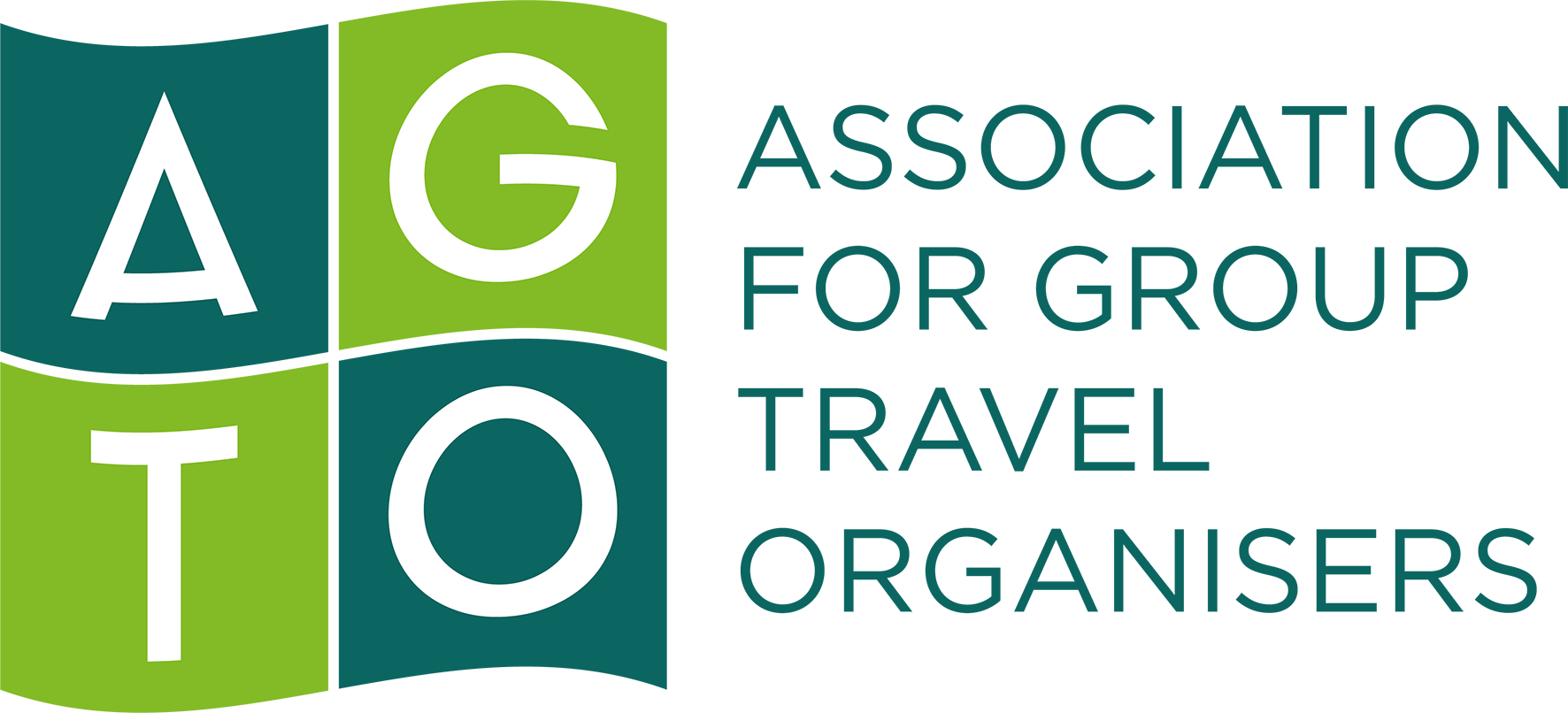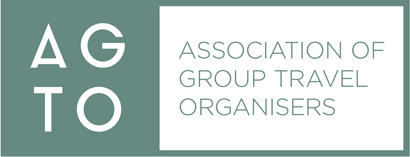Photo: Manuel Harlan By GTO Carlie Newman DOUBLE FEATURE****(Hampstead Theatre, London until 16.3.2024) While the…
COVID-19 Update 10th September 2020
There has obviously been a lot of concern today about how the Rule of Six will impact various types of tourism activity. While we await detailed tourism-related guidance, the general principle is that businesses that are operating in accordance with current Covid-Secure guidance will be able to continue doing so as they are currently, provided that individual groups of visitors/guests obey the Rule of Six.
For example, pubs, restaurant, attractions will continue to be able to host people at their current capacity provided that individual groups of customers obey the Rule of Six.
- Primary Guidance Updated for Rule of Six
All the Primary Guidance for businesses has a updated to take account of the new requirements including the Guidance for:
- Close Contact Services
- Heritage locations
- Hotels and other Guest Accommodation
- Restaurants, Pubs and Bars
- The Visitor Economy
Examples of the updated primary guidance include:
Heritage sites
- Venues following COVID-19 secure guidelines can host more than 6 people in total, but no one should visit or socialise in a group of greater than 6. It is also important that people from different households (who are not meeting as a support bubble) remain socially distanced.
Visitor Economy
- From 14 September, let customers know that by law they can only visit in groups of up to 6 people (unless they are visiting as a household or support bubble which is larger than 6)
- Guided tours of up to 30 people may take place indoors or outdoors provided businesses undertake risk assessments in line with this guidance document and put any necessary mitigations in place.
- Meetings of up to 30 people indoors are allowed in permitted venues if social distancing can be maintained and the venue can demonstrate it has followed the COVID-19 guidance.
Accommodation
- Making customers aware of, and encouraging compliance with, limits on gatherings. For example, on arrival or at booking. From Monday 14 September, you must not meet with people from other households socially in groups of more than six.
- Meetings of up to 30 people indoors are allowed in permitted venues if social distancing can be maintained and the venue can demonstrate it has followed the COVID-19 guidance.
Restaurants and Pubs
- From 14 September, let customers know that by law they can only visit in groups of up to 6 people (unless they are visiting as a household or support bubble which is larger than 6)
- Venues following COVID-19 secure guidelines can host more than 6 people in total, but no one should visit or socialise in a group of greater than 6.
https://www.gov.uk/guidance/working-safely-during-coronavirus-covid-19
- Venues Required to Take Contact Details
The Government has issues a press release adding more clarity to the businesses that will be legally required to take customer contact details from 14th September. The press release states that this requirement will apply to:
- businesses and other public settings where people meet socially including hospitality, close contact and leisure venues
https://www.gov.uk/government/news/venues-required-by-law-to-record-contact-details
- Grants for Businesses Impacted by Local Lockdowns
The treasury has announced that businesses in England that are required to close due to local lockdowns or targeted restrictions will be able to receive grants worth up to £1,500 every three weeks. The key details are:
- To be eligible for the grant, a business must have been required to close due to local Covid 19 restrictions.
- Businesses with a rateable value of more than £51k will receive £1,500 every three weeks they are required to close.
- Businesses with a rateable value of less than £51k will receive £1,000.
- Businesses that are not yet able to open are not eligible for this grant.
- Local authorities will also receive an additional 5% top up amount of business support funding to enable them to help other businesses affected by closures which may not be on the business rates list – eg., B&Bs paying council tax or activities businesses run from home
- Further eligibility criteria may be determined by Local authorities
- ONS Social and Economic Impact Report
The latest ONS social impact has been published with a number of key findings for tourism businesses including:
- 29% of employees in hospitality are still on full or flexible furlough – compared to 11% of employees in all UK businesses
- 41% of employees in arts entertainment and recreation are still on furlough
- 72% of IT workers and 62% of professional, technical and Scientific sector employees were still working from home – which will have a large impact on city centre businesses
- Job adverts in Hospitality are below 50% of what they were last year and are the weakest sector for recruitment alongside retail
Meanwhile the Economic Impact research shows how badly tourism-related businesses are performing compared to the economy as a whole:
- Accommodation and food service activities industry reported the highest percentage of businesses reporting their risk of insolvency was severe to moderate, at 23%, compared with 11% across all industries.
- 40% of arts, entertainment and recreation industry indicated that operating costs had exceeded turnover, while only 26% report that turnover exceeded costs.
- The arts, entertainment and recreation industry had the highest percentage of businesses reporting they had issued credit notes or vouchers to customers for postponed or cancelled bookings, services or events, at 52%.
- 74% of businesses in the arts, entertainment and recreation industry reporting their turnover had decreased, compared to 46.8% of businesses as a whole
- Sports Pilots Reduced to 1000 People
DCMS has announced that the proposed pilot schemes for spectators at sports matches are to be scaled back to just 1000 spectators.
- Bolton Restrictions
The local Lockdown restrictions for Bolton have been updated. The main restrictions being:
the following business and venue closures must not open:
- casinos
- skating rinks
- bowling alleys
- indoor play areas, including soft play areas
- exhibition centres and conference halls
The following settings and activities should not reopen or restart:
- indoor performances (even with a social distanced audience)
All night-time economy and leisure venues should close from 22:00 to 05:00 each day. Hospitality venues should only provide take away food and drinks to customers. Hospitality venues include:
- restaurants, including hotel dining rooms and members’ clubs
- cafes including workplace canteens (not including cafes or canteens at hospitals, care homes, schools, prisons, establishments intended for the use of naval, military or air force purposes and for providing food or drink to the homeless)
- bars including bars in hotels or members’ clubs
- pubs
https://www.gov.uk/guidance/bolton-local-restrictions
- Transport Use
The latest iteration of DFT’s transport monitor has been releases which shows that the level of public transport use in London remains at around 33% of usual for the tube and 58% for buses (where it has been for the last five weeks) suggesting that people are still not returning to work in the capital. National rail is still operating at about 33% of usual capacity as well.
https://www.gov.uk/government/statistics/transport-use-during-the-coronavirus-covid-19-pandemic
- Employer Testing Regimes
The Government has published guidance for individual businesses wanting to implement their own Coronavirus testing regime for employees. This new guidance goes through all the considerations that businesses have to take into account if they want to undertake testing of their staff outside the national testing scheme. It includes guidance issues that need to be addressed including:
- who the testing will cover – all directly employed staff, or includes individuals working onsite, like contractors
- what the focus of the programme is: staff with symptoms or without symptoms
- how often staff will be tested
- appropriate facilities for carrying out the tests
- who the testing will cover – for example, whether this is all directly employed staff, or includes individuals working onsite, like contractors
- what the focus of the programme is: staff with symptoms or without symptoms
- how often staff will be tested
- appropriate facilities for carrying out the tests
- whether the programme is voluntary or mandatory
- what the consequences are for staff who decline to take part in the testing programme or decline to share the result of a test
- does the regime comply with the GDPR and the Data Protection Act 2018



